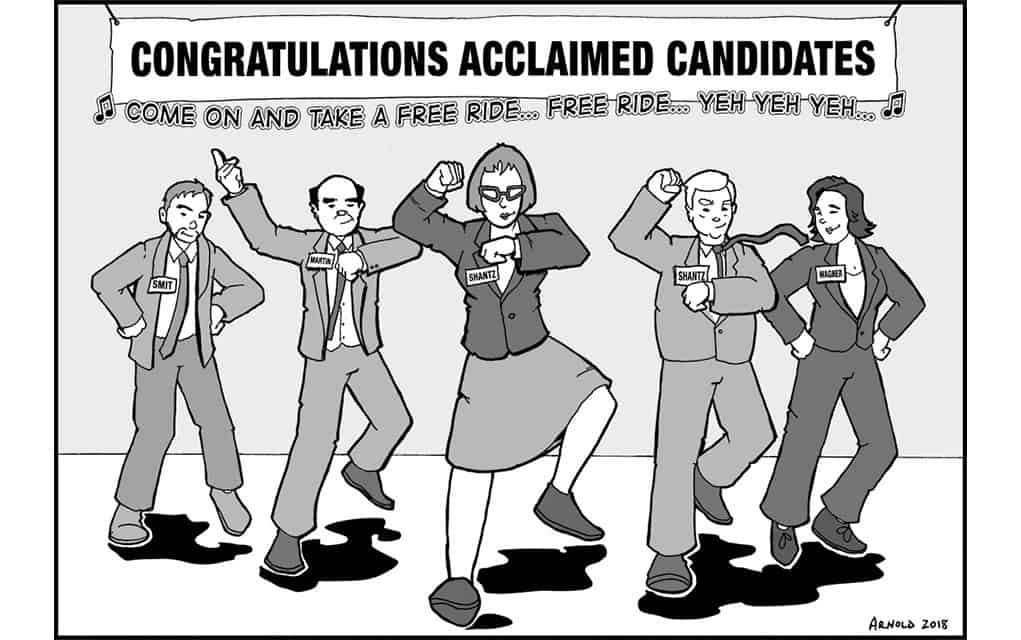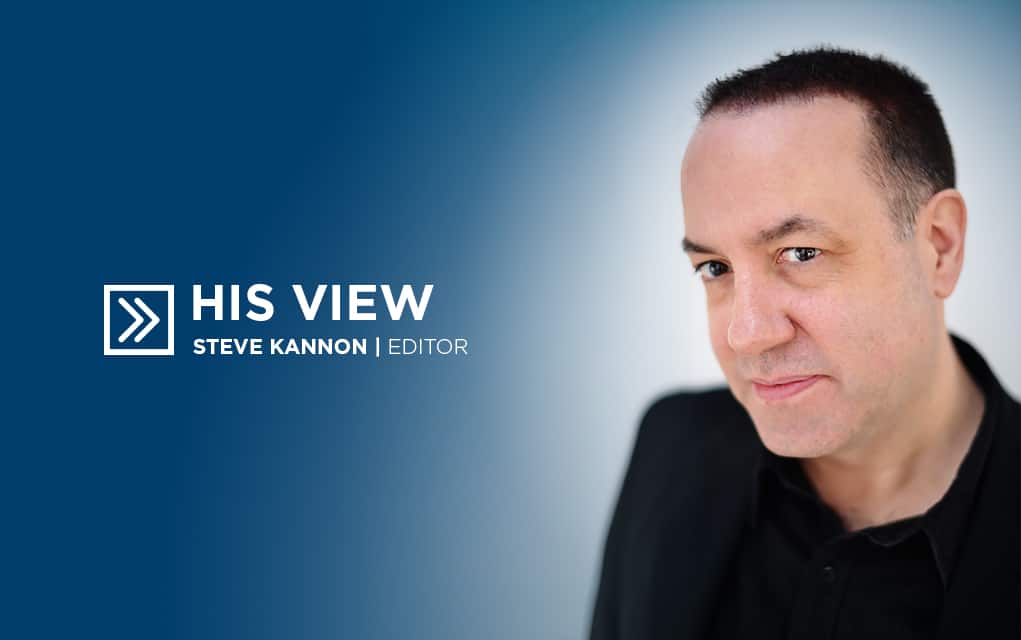;
;
;
Next Article
The View From Here – August 2nd, 2018

Doug Ford is right about one thing: nobody is going to shed tears over the prospect of fewer politicians. There are plenty of other reasons to question the new premier’s decision to slash the number of seats on Toronto council – to 25 from a planned 47 – and shelve elections for regional chairs in
Last updated on May 03, 23
Posted on Aug 02, 18
4 min read
